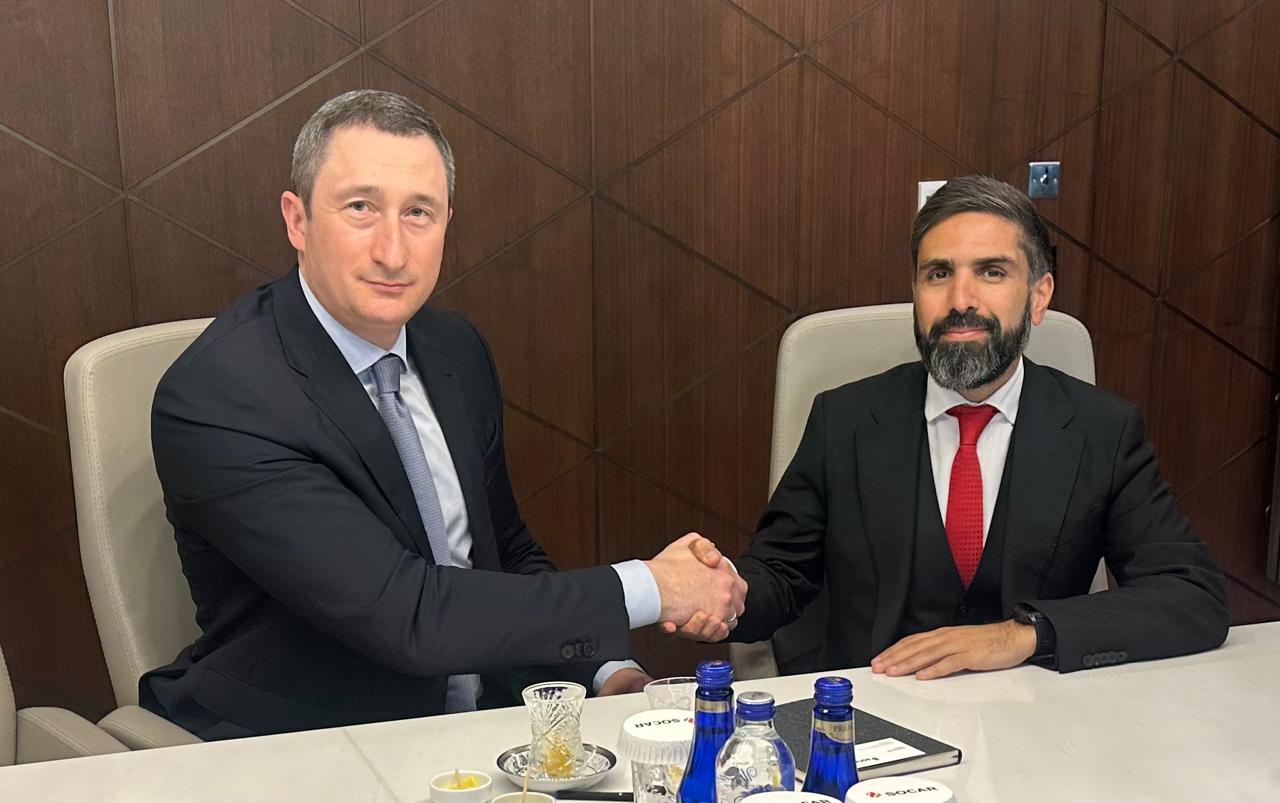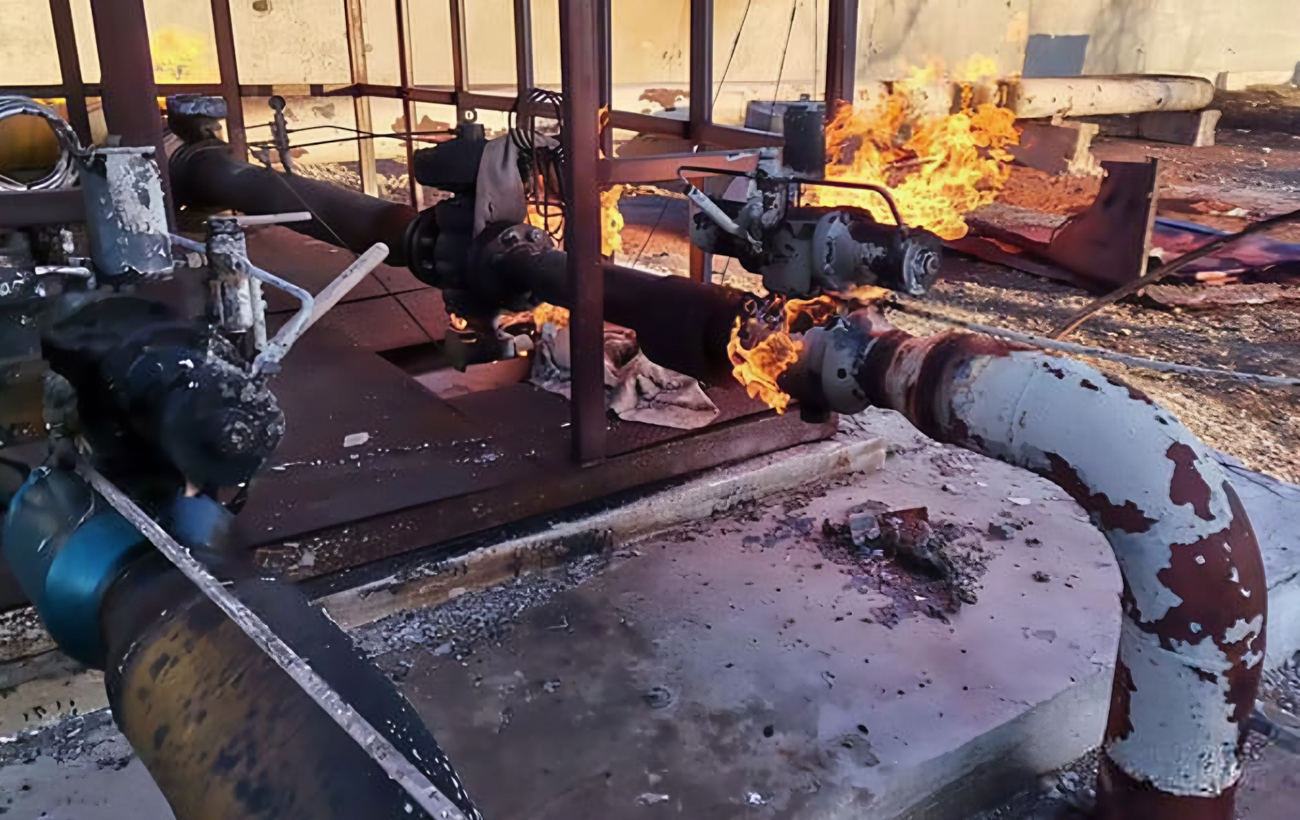Refusal of transit: Ukraine has proposed a new gas supply scheme to Europe.
Kiev, Baku, and Bratislava are discussing not only gas transit but also an alternative supply route through Ukraine. What does this entail, and is there a possibility that the EU will continue to receive gas through Ukraine in 2025? This is covered in an article by RBC Ukraine's special correspondent Yuriy Doshchatov.
There are two and a half months left until 2025, but it remains unclear whether gas supplies to Europe via Ukraine will continue from January. The contract between Naftogaz and Gazprom for the transit of Russian gas ends on December 31. Kyiv has already stated at the highest political level that the contract will not be extended. However, there are still options for continuing gas supplies through Ukraine.
Who Needs Russian Gas in the EU
Following Russia's full-scale invasion of Ukraine, EU countries decided to gradually abandon Russian gas by 2027. Most of them have found alternative sources and delivery routes for energy resources and are now practically independent of the transit of Russian gas through Ukraine.
The EU is prepared for its cessation "at any moment," as EU Commissioner for Energy Kadri Simson stated back in May. In a comment to RBC Ukraine, she noted that negotiations on gas transit could only resume after the withdrawal of Russian troops from Ukraine.
However, some countries have remained interested in receiving gas specifically through Ukraine, as this route is shorter and therefore cheaper. Among them are Hungary, Austria, and primarily Slovakia.
While Hungarian officials were raising the issue of extending gas transit through Ukraine as recently as this spring, they have now practically stopped doing so. Budapest has established gas supplies from Russia via the "Turkish Stream," and plans to even increase them in 2025. Austria will completely replace Gazprom with suppliers from North Africa starting in 2025. Slovakia, however, has yet to find an alternative, and gas transit through Ukraine remains extremely important for it.
Slovakia requires about 2 billion cubic meters of gas annually for its own consumption. For Bratislava, ceasing supplies through Ukraine of gas that Russia sells at a significant discount could have negative domestic political consequences due to rising gas prices. As a result, Robert Fico's government may lose public support. According to sources from the publication, such concerns have been expressed by the Slovak side at several international meetings.
Azerbaijan as an Alternative to Russia
Realizing that gas transit through Ukraine may cease, Slovakia has been searching for new gas suppliers since the beginning of this year. The choice fell on Azerbaijan. Baku is ready to consider options. "Currently, Azerbaijan is exporting gas to eight countries. I hope Slovakia will become the ninth," said Azerbaijani President Ilham Aliyev in May this year.
Azerbaijan intends to gradually increase gas supplies to Europe. In 2023, it exported about 12 billion cubic meters of gas there, and in 2024, it plans to reach 13 billion. This is nearly half of Azerbaijan's total gas exports.
The geography of supplies is also expanding. Starting September 1, Azerbaijan's state oil and gas corporation SOCAR began supplying gas to Croatia. SOCAR also sells gas to Bulgaria, Hungary, Greece, Georgia, Italy, Romania, Serbia, Slovenia, and Turkey. Baku began expanding gas supplies to these countries via the Trans-Adriatic Pipeline in 2021. By the end of 2027, the volume of such supplies to the EU is expected to increase to 20 billion cubic meters per year.
In May, the head of Naftogaz of Ukraine, Aleksey Chernyshov, met with SOCAR President Rovshan Najaf. They discussed the prospects for cooperation in the oil and gas sector, including the possibility of storing Azerbaijani gas in Ukrainian underground gas storage facilities, as stated in Naftogaz's report. However, at that time, hardly anyone connected the issue of gas storage with transit.

The head of Naftogaz of Ukraine, Aleksey Chernyshov, and SOCAR President Rovshan Najaf (photo: Facebook A.Chernyshov)
In July, Volodymyr Zelensky confirmed that the topic of Azerbaijani gas supplies through Ukraine is under discussion. "Officials are currently working on this... Negotiations are ongoing," Zelensky said.
Re-export Instead of Gas Transit
In reality, the discussion of Azerbaijani gas supplies through Ukraine is still hard to call negotiations. No concrete proposals have been made by either side yet. The topic is still being discussed at the consultation level, in a working order.
"This cannot be called negotiations. The topic is addressed in the framework of some bilateral meetings, but nothing substantial and detailed is being discussed," said a source familiar with the discussion process regarding the "transit" topic.
RBC Ukraine was unable to obtain official comments on the progress of consultations regarding gas transit from either the Ukrainian or the Azerbaijani side.
The main participant in such consultations from Ukraine is Naftogaz of Ukraine. Although in some cases, the topic of gas supplies is also discussed at the governmental level. Currently, according to several sources from the publication, the concept of possible cooperation has radically changed.
The Ukrainian side is no longer talking about transit but is proposing an alternative option that would not legally be considered transit. The essence of this alternative is that the gas owner first simply injects it into storage facilities, and then can use it at their discretion. Such proposals were made to both Azerbaijan and Slovakia several months ago.
The gas storage facilities are managed by Naftogaz. OGTU is only responsible for the main gas pipelines. That is why consultations from the Ukrainian side are conducted by Naftogaz, not the Gas Transmission Operator.
According to the new proposal, for example, if Azerbaijan injects gas, then later, depending on market conditions and the needs of EU countries for gas, it can sell it on the exchange or through contracts. If sold on the exchange, SOCAR, which is likely to handle this, could make a good profit during price peaks.
If Slovakia agrees to the proposal, it could purchase gas at the border of Ukraine and Russia, or at the point of its entry from Azerbaijan into Russia, inject it into Ukrainian underground storage facilities, and then use it as needed or sell it to third countries. Until now, in terms of transit and resale of gas, including to Germany, the Slovak operator Eustream and trader SPP, according to former head of OGTU Sergey Makogon, have earned up to $1.5 billion a year in transit payments and commercial markup. Additionally, if gas supplies continue, Hungary and Austria are unlikely to refuse to purchase it.
This scheme of supplies will no longer be legally considered transit. From Ukraine's perspective, it will be a re-export of gas.
So far, there has been no final response to such a proposal from either Baku or Bratislava.
However, there is one key condition – each party must resolve the security issue with Russia. This means that an agreement must be reached to ensure that Ukraine's gas transport system facilities do not come under fire.

A gas transport system facility in Ukraine damaged by Russian shelling (photo: press service of OGTU)
Sources within the publication who are familiar with the topic said that Azerbaijan has cooled to the idea of gas supplies to the EU and has not touched on it for almost four months. "I think that Baku's drop in activity to almost zero is related to Russia's position, which must participate in this process one way or another," suggested the source.
Russia's Involvement in the Process is Inevitable
Russia's involvement in gas supplies from Azerbaijan to the EU through Ukraine is practically unavoidable. First of all, natural gas will still have to transit through Russian territory to reach Ukraine – there is no direct route for delivery from Azerbaijan. So far, Moscow has not granted transit rights to anyone through its territory – not to Azerbaijan, Kazakhstan, or Turkmenistan. Although these countries have long wanted to supply gas to the EU and Ukraine.
An agreement on mutual access to pipeline transportation, i.e., the possibility of transit through Russia's gas transport system, was planned to be adopted within the CIS back in 2013 – six months after the launch of the CIS free trade zone. However, Moscow has consistently blocked this issue, trying to maintain its monopoly on gas supplies to Europe through Ukraine.
Now, if Baku receives permission for transit, Turkmenistan and Kazakhstan may demand the same. Currently, gas from Turkmenistan and Kazakhstan to European countries is routed through Azerbaijan and Turkey.
The second point is that Azerbaijan can only independently ensure supplies of up to 5 billion cubic meters of gas. Sources from the publication reported that Baku cites this